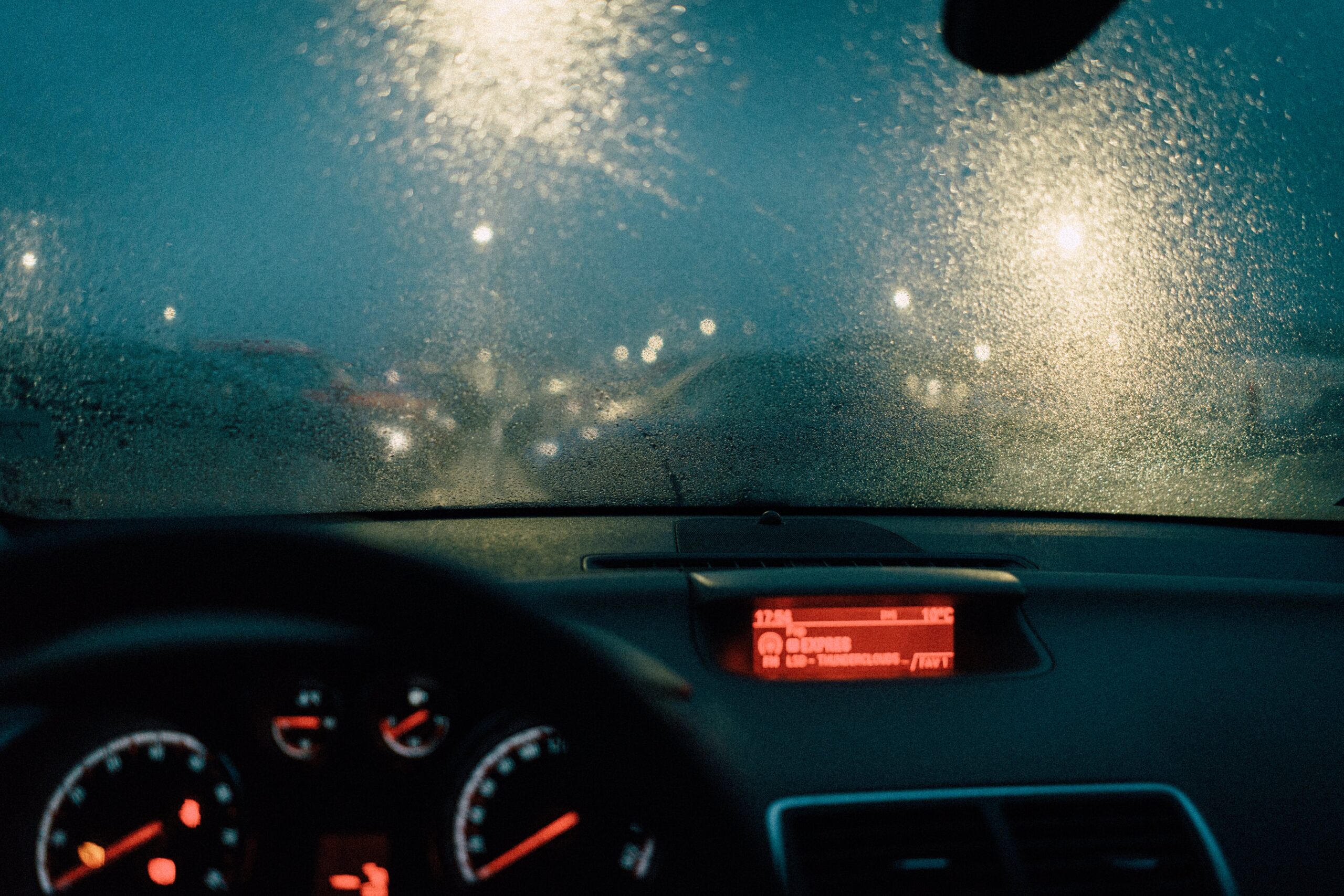
Weather-related car accidents can be particularly challenging to deal with physically and legally. The aftermath of an accident can be overwhelming, and the legal process can seem confusing and daunting. That’s why it’s essential to understand the legal landscape of weather-related car accidents. This can help protect your rights and get the compensation you deserve.
Legal Insights and Considerations
Weather-related car accidents often involve complex legal issues, making it crucial to seek guidance from an experienced attorney. Here’s a closer look at some legal aspects to consider:
1. Liability and Contributory Negligence
Determining who’s at fault in weather-related car accidents can be challenging. In general, drivers must adjust their driving behaviors to accommodate weather conditions. You may be partially responsible if you fail to adjust your speed and cause an accident. However, other parties can also bear some responsibility in some cases.
For example, the municipality may be liable if a driver crashes due to inadequate drainage. This is because the responsibility of road maintenance lies with them. Similarly, property owners may be accountable if their failure to clear snow and ice from car parks and sidewalks contributes to an accident.
2. Burden of Proof
Insurance companies may scrutinize the circumstances of the accident more closely when adverse weather is involved. In some cases, they might attempt to attribute the accident solely to adverse weather to minimize the compensation. In Louisiana, drivers are required to at minimum carry liability insurance, which only covers injuries for everyone involved if the driver is responsible for causing an accident.
That’s why you must gather as much evidence as possible at the scene. This can include photographs, medical records, and detailed accounts of the weather conditions. You can also consult an experienced car accident lawyer to maximize your chances of a successful claim.
3. Witness and Expert Testimony
Eyewitness accounts can provide invaluable perspectives and first-hand details that significantly influence your case’s outcome. These testimonies can corroborate or challenge claims about who caused the accident, adding a layer of credibility and insight. Expert testimony from meteorologists, accident reconstructionists, and other relevant professionals can also be precious in complex cases. These experts can provide insights into weather conditions and road conditions and help strengthen your case’s credibility.
4. Damages and Compensation
Weather-related car accidents can result in significant damages, including medical expenses, lost wages, property damage, and mental suffering. Compensation for these damages depends on the injuries’ extent and severity of the accident. Consulting with an attorney can help you accurately assess your damages and negotiate for fair compensation.
5. Statute of Limitations
Each state has a statute of limitations, a timeframe within which you must file a legal action following an accident. Failing to file within this period can bar you from seeking compensation. The statute of limitations in Louisiana is one year from the accident date. Therefore, collecting all the required evidence and filing the case within that time is essential.
Navigating the legal maze of weather-related car accidents can be daunting. An experienced car accident attorney can provide invaluable support and guidance. If you or you’re loved one has had an unfortunate weather-related car accident, Collins Law can help you. Our experienced Attorney can help you handle a weather-related car accident, bringing a wealth of knowledge to your case. Don’t wait; schedule a consultation today.

